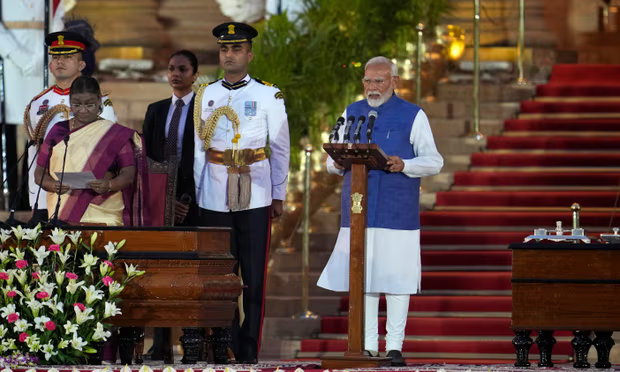
The “Permanent Peoples’ Tribunal on State and Environmental Violence in West Papua” took place last month at Queen Mary University of London.
A panel of tribunal experts heard evidence from numerous international NGOs and local civil society organisations as well as testimonies from individuals who have witnessed human rights violations and environmental destruction.
The Tribunal stated that the Indonesian state has forcibly taken Indigenous Papuan lands through racial discrimination, leading to cultural loss and violent repression, including unlawful detention, extrajudicial killings, displacement, and environmental degradation. It urged the international community, particularly the UN, to respond urgently to the situation in Papua.
The Permanent Peoples’ Tribunal (PPT) is a public opinion tribunal based on the Universal Declaration of the Rights of Peoples (Algiers, 1976) and on all the instruments of international law; the various chapters of the PPT have sought to struggle against impunity and to promote respect for human rights, access to justice and the re-appropriation of the human rights instruments; the PPT is able to adjudicate flagrant, systemic and systematic violations of the rights of peoples;
It combined legal scholars, right-defending NGOs, and West Papuans in exile, with eye-witnesses from West Papua connecting via online calls. These tribunals examine international law, but cannot enforce their judgement. The Indonesian state is accused of the following,
The Indonesian state is accused of taking the ancestral land of the Indigenous Papuan people against their will, employing racial discrimination which leads to the loss of culture, traditions and Indigenous knowledge, erases their history and subsumes them into the Indonesian national narrative.
The Indonesian state is accused of violent repression, including unlawful detention, extra-judicial killing, and population displacement in West Papua as a means of furthering industrial development.
The Indonesian state is accused of organised environmental degradation, including the destruction of eco-systems, contamination of land, the poisoning of rivers and their tributaries and of providing the permits, concessions and legal structure of non-compliance for national and foreign companies to invest in West Papua in a way that encourages environmental degradation.
The Indonesian state is accused of colluding with national and foreign companies to cause environmental degradation, population displacement and sustain violent repression in West Papua.
The panel of experts comprised of Teresa Almeida Cravo (Portugal), Donna Andrews (South Africa), Daniel Feierstein (Argentina), Marina Forti (Italy), Larry Lohmann (UK), Nello Rossi (Italy), and Solomon Yeo (Solomon Islands), according to the website of Queen Mary University of London,
The territory of West Papua refers to the Western half of the island of New Guinea, partitioned as a result of European colonial settlement. West Papuans, an Indigenous Melanesian people, have been engaged in a struggle for their right to self-determination since colonisation by the Netherlands in 1898.
Responding to the final statement of the Permanent Peoples’ Tribunal on Papua in London, Amnesty International Indonesia’s executive director Usman Hamid said:
“The final statement truly mirrors the deteriorating developments in Papua. Their historic findings signal the depth of human rights violations and environmental destruction in the region.
“The tribunal is a great start to paving the way to justice in Papua and we hope that it serves as an opportunity for the international community to stand in solidarity with the people of Papua, to acknowledge their suffering and to support their fight for human rights.
“The Indonesian authorities have continuously failed to end the conflict that keeps claiming more civilian lives in the region. It is therefore essential for authorities to evaluate its military operations and business activities by corporate actors to ensure the recovery and the protection of human rights in Papua.
“This arduous path of justice for Papuans must end. It is high time for the international community to call on the Indonesian authorities to end the long-established violence.”
Read more here and here
.png)

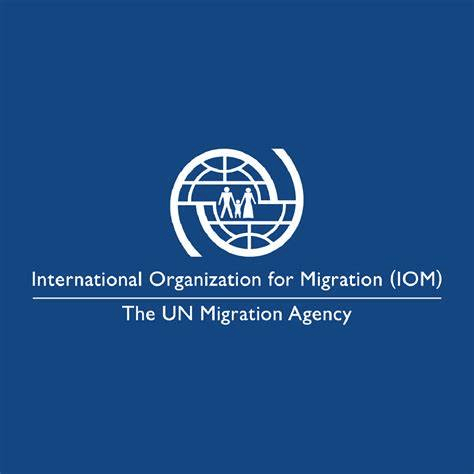




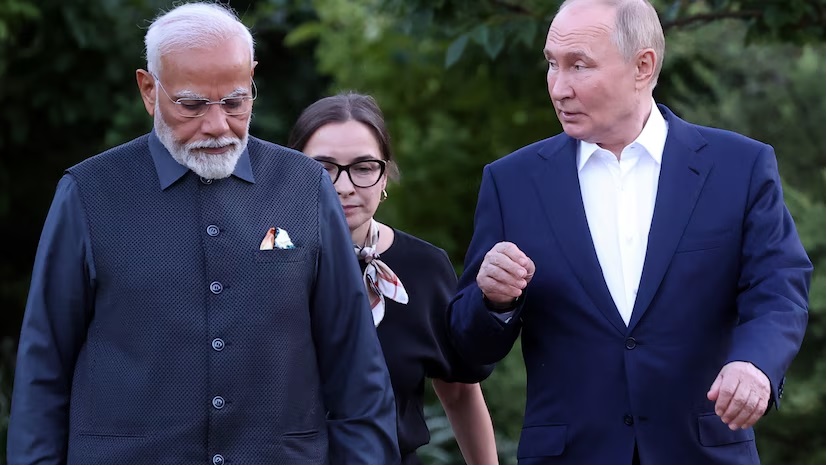

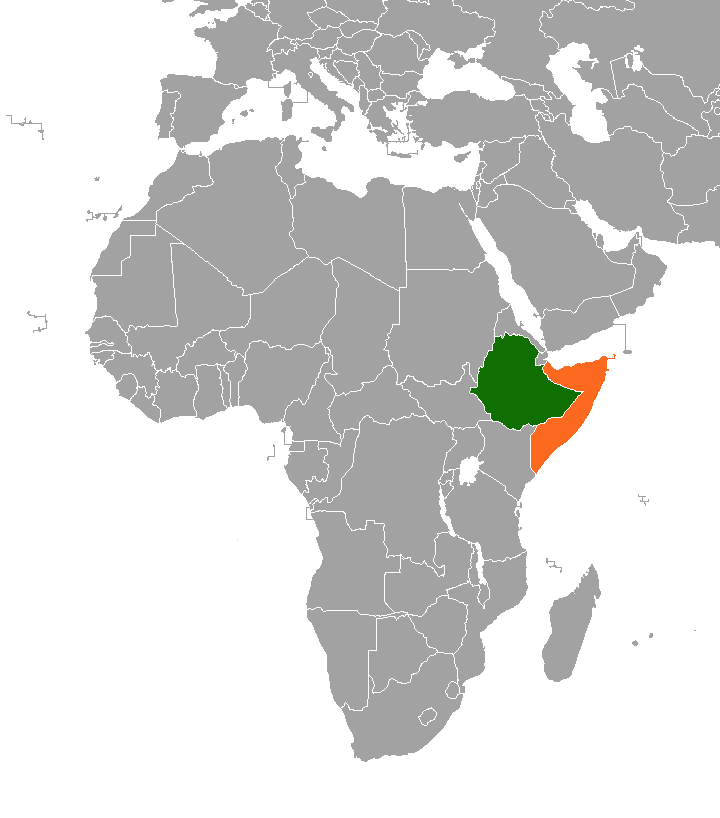


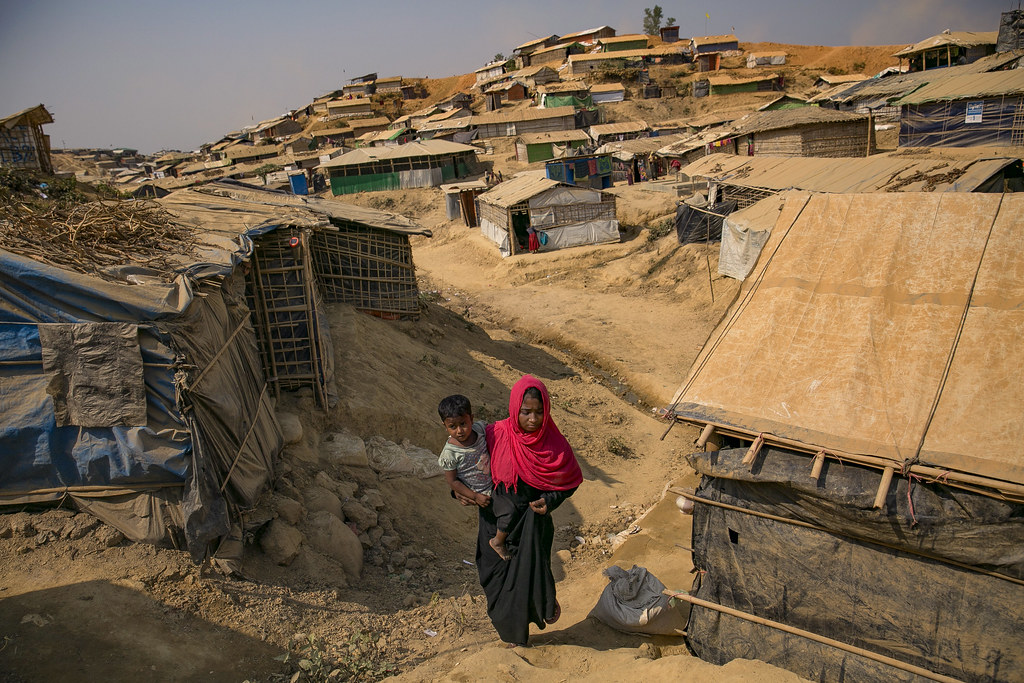

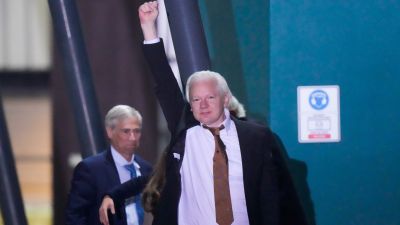

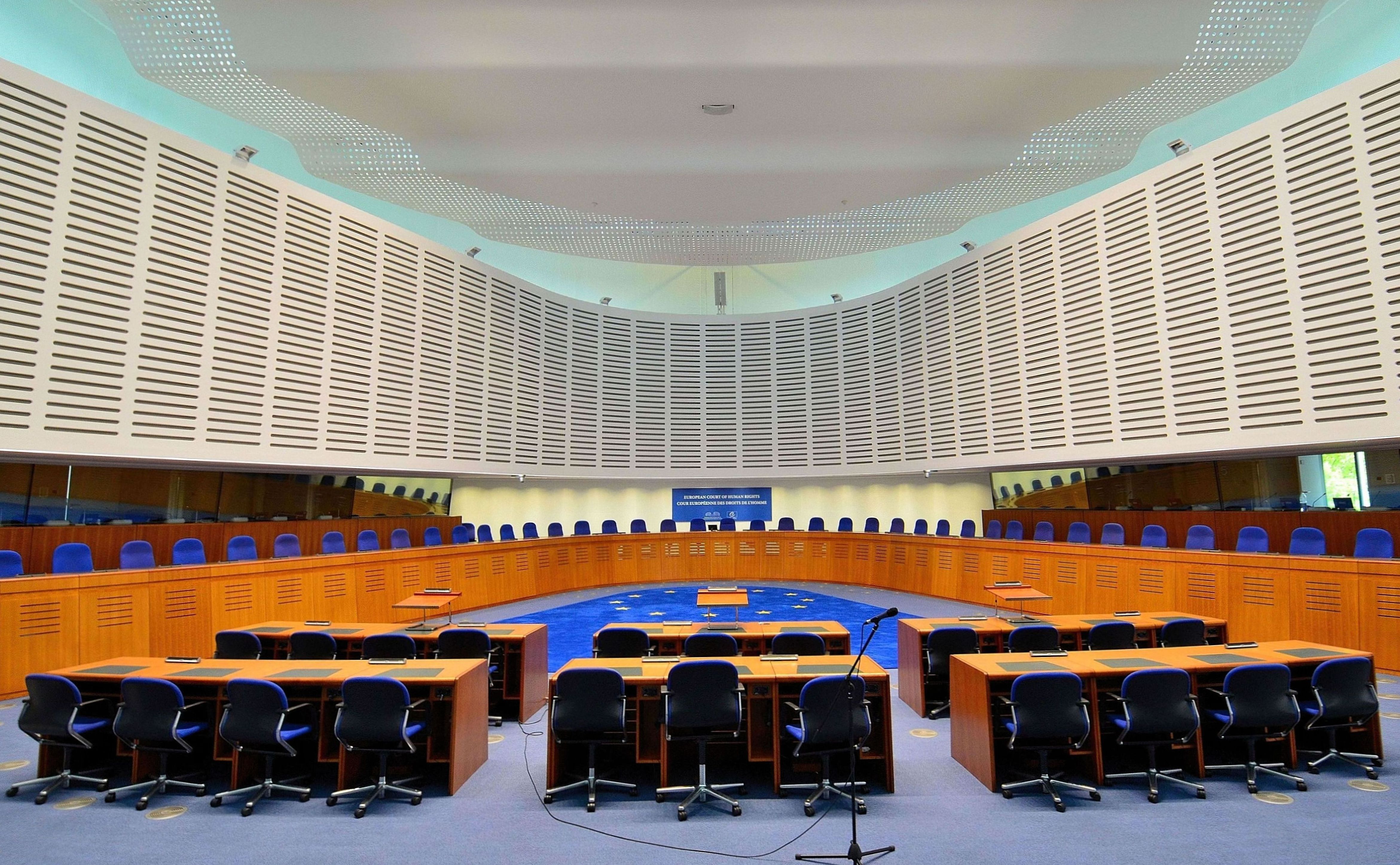 The European Court of Human Rights (ECHR) has found Russia guilty of committing multiple human rights violations in Ukraine’s occupied Crimea peninsula.
The European Court of Human Rights (ECHR) has found Russia guilty of committing multiple human rights violations in Ukraine’s occupied Crimea peninsula.
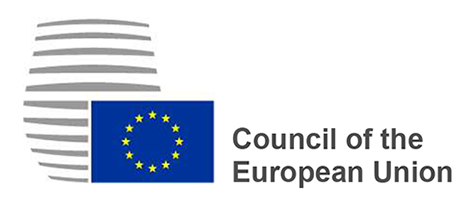

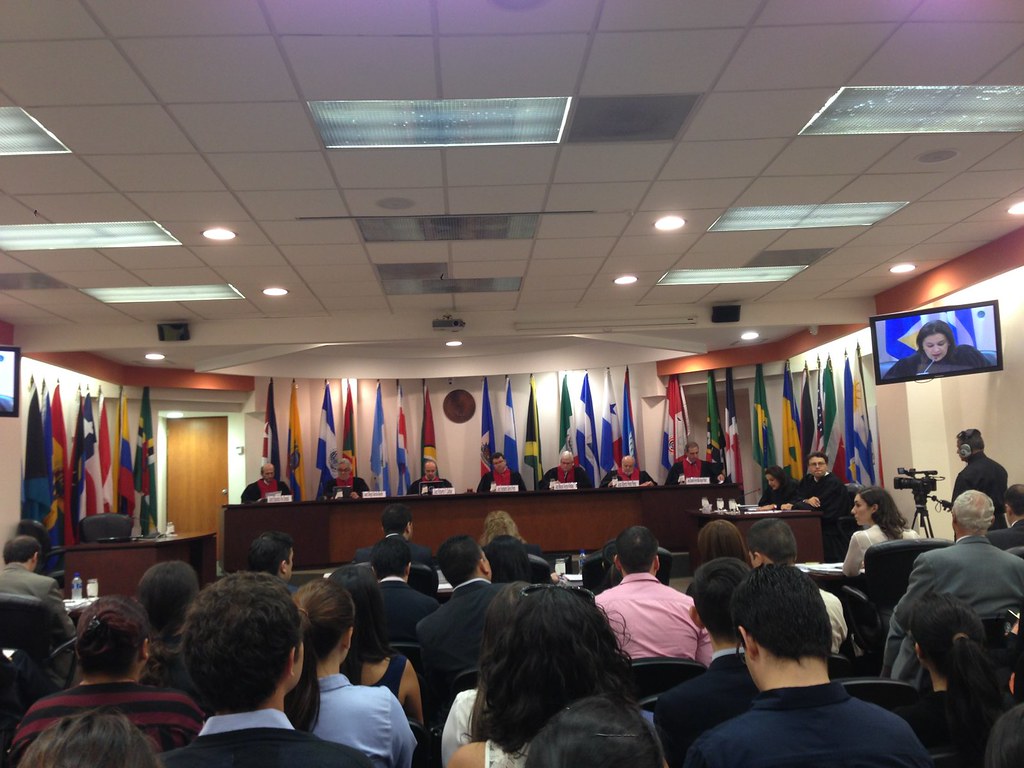

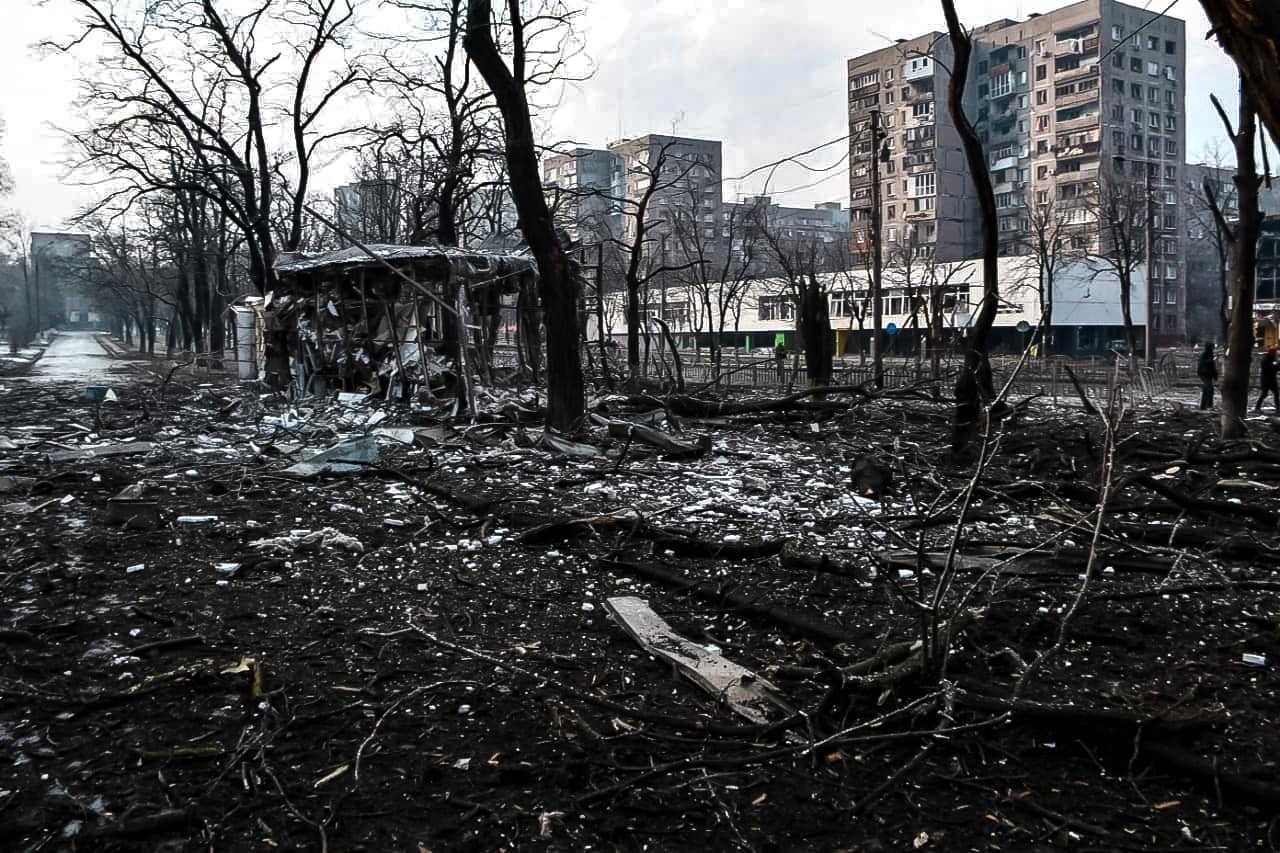



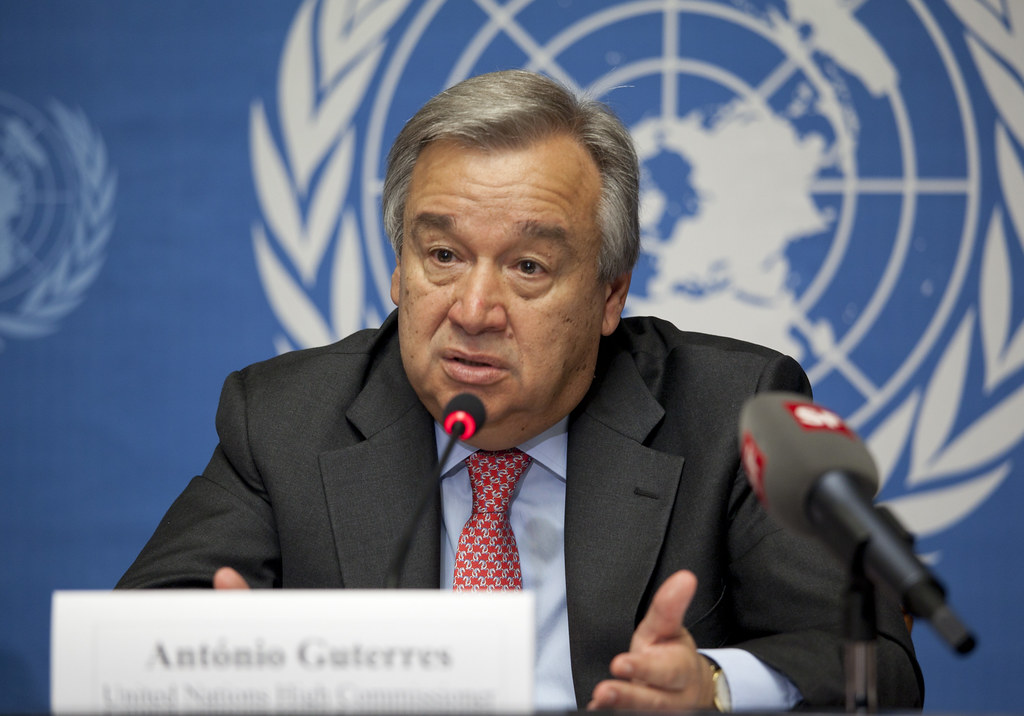 In a statement released last week, UN Secretary-General António Guterres expressed deep concern over the escalating violence in Myanmar.
In a statement released last week, UN Secretary-General António Guterres expressed deep concern over the escalating violence in Myanmar.
